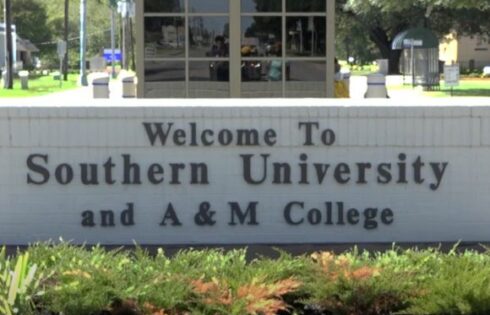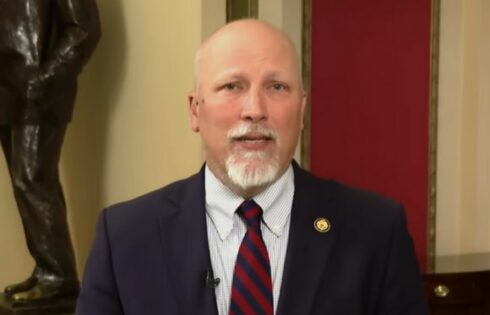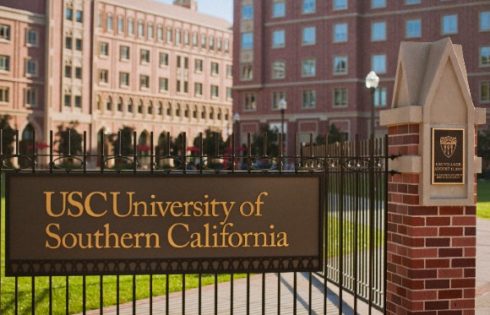The University of Michigan won’t rule out the possibility of asking prospective students about their sexual orientation, as the non-profit group that oversees the Common Application used by Michigan and more than 400 other colleges and universities considers adding questions about homosexuality.
In January, the organization’s board will debate adding optional questions about the sexual orientation and gender identity of applicants, according to Chris Gruber, president of the Common Application.
There are currently no questions about sexual orientation and only two options for gender: male and female.
The Common Application has polled its members on addressing these issues and, according to Inside Higher Ed, the membership is split.
The University of Michigan refused to comment on whether it’s appropriate to ask about the sexual orientation of prospective students.
“As we understand it, this Common App discussion is in its earliest stages. Our Office of Undergraduate Admissions has no concrete information at this point, and cannot comment on speculation,” said Deborah Greene, a public affairs specialist at Michigan.
Shane Windmeyer, the founder of Campus Pride, a gay-rights organization, said Michigan’s “no comment” on the issue isn’t necessarily the norm.
“Other institutions have already voiced their support of the addition of more questions,” he said. “I’m not sure why Michigan has chosen not to say anything.”
The University of Pennsylvania and Dartmouth already pursue gay applicants. Penn added a “gay” box (students can check yes or no) to its supplemental application. Dartmouth recruits students who have indicated on a supplemental application that they are interested in the LGBT community.
Tony Listi of Campus Reform, a conservative activist group for college students, sees these actions as affirmative action.
“This sort of information has no place in admissions considerations,” he said. “Because these sorts of questions are easy to falsify, what’s to stop students from checking off the favored sexual preference of admissions personnel in order to increase their chances of admission?”
Michigan’s supplement application to the Common App already asks prospective students to describe a community to which they belong that is “defined by (among other things) geography, religion, ethnicity, income, cuisine, interest, race, ideology, or intellectual heritage.”
“Sexual orientation should be just as visible as other diversity issues,” said Windmeyer.
Last year, the Common App added an optional question regarding religion. Gruber says the question was added after a membership survey. Windmeyer claims this is in contrast to the gender identity and sexual orientation questions, which require a vote from the board of directors.
“It’s hypocritical, and they don’t want people to know about it,” said Windmeyer.
At Michigan, however, some see it differently.
“I think the administration’s response is positive, as long as they are being truthful about having those discussions,” said Allison Horky, a graduate student and intern at the Spectrum Center, an LGBT office at Michigan.
“Adding more questions would be great,” said Horky, “especially if a student doesn’t fall into the category of male or female.”
For gender identity, the Common App will consider adding an empty box in which students can add a word other than male or female.
“If they add the questions, I will applaud the decision. If it doesn’t happen this year, Campus Pride will keep fighting for the issue.,” said Windmeyer.
Stephanie Wang is a junior at the University of Michigan, Assistant Editor of the Michigan Review, and member of the Student Free Press Association.
Like The College Fix on Facebook / Follow us on Twitter





Please join the conversation about our stories on Facebook, Twitter, Instagram, Reddit, MeWe, Rumble, Gab, Minds and Gettr.